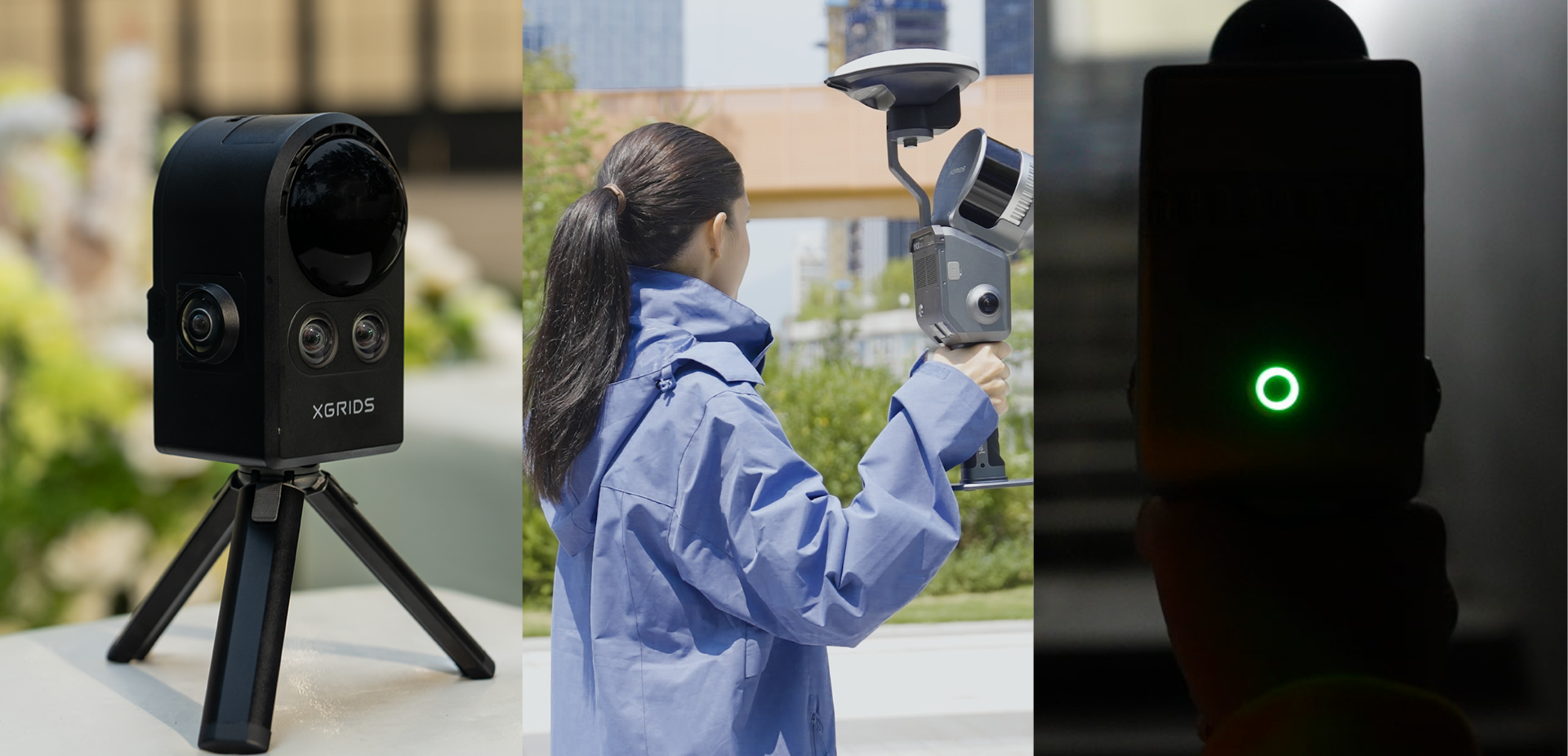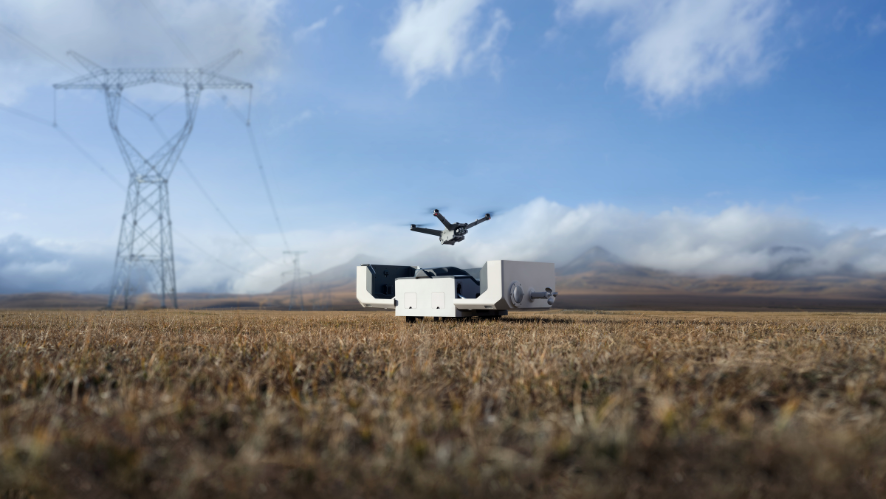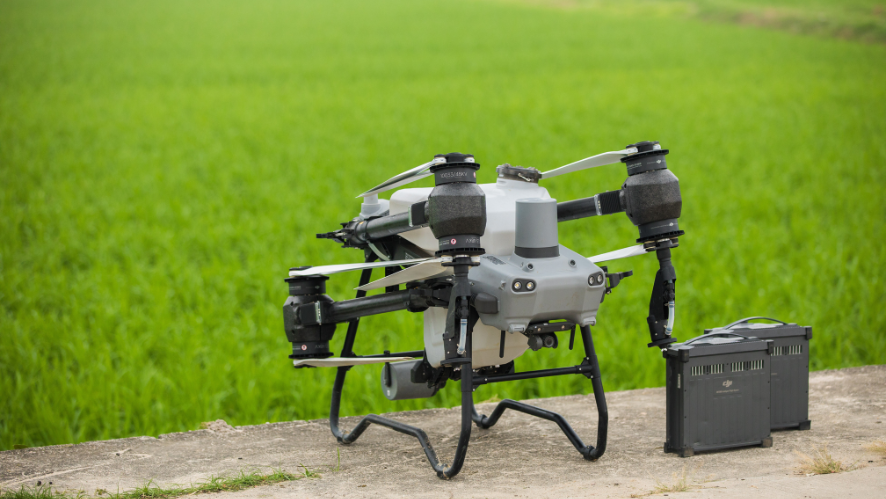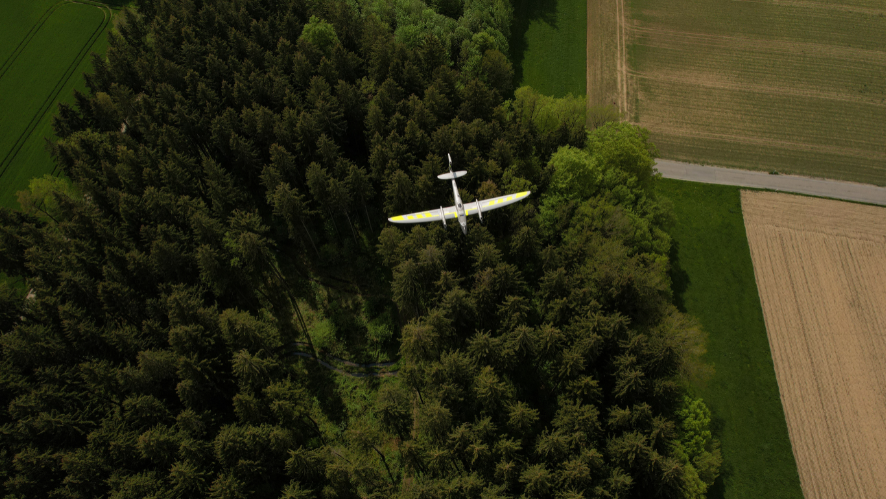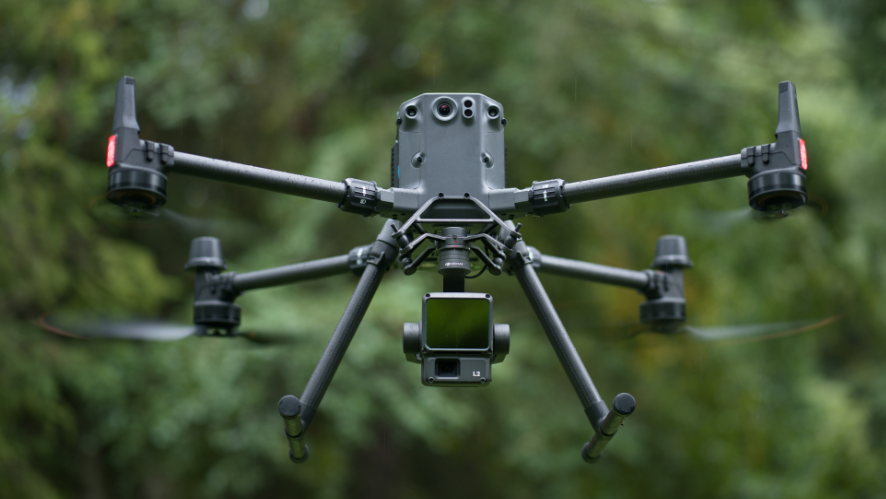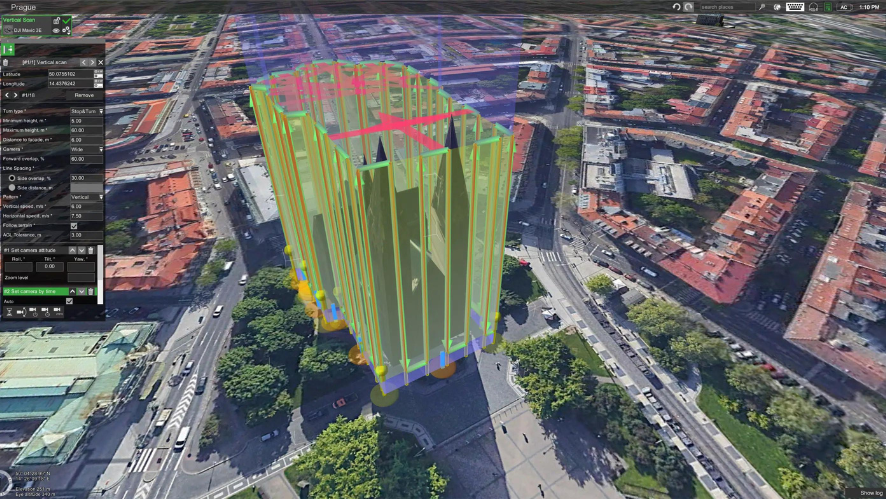DJI DOCK
For less traveled roads
DJI Dock are rugged, reliable, and built to perform 24 hours a day, day or night, rain or shine. Each DJI Dock houses a Matrice 30 where it lands, recharges, takes off and executes missions programmed into DJI FlightHub 2.
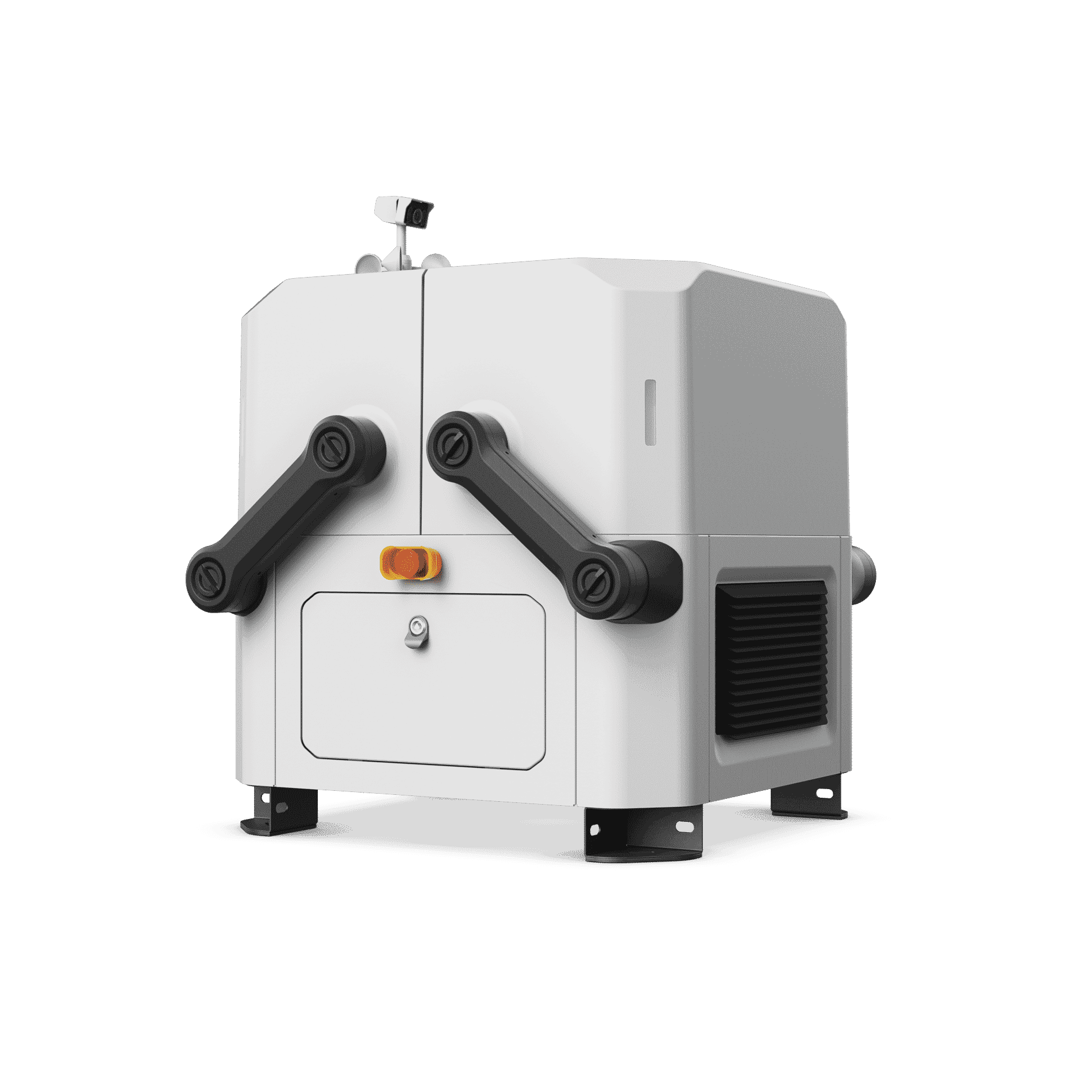

IP55 operating temperature: -35ºC to 50ºC.
It allows a 10% to 90% charge in just 25 minutes.
Weighs less than 100 kg.
Ready to operate 24 hours a day, 7 days a week.
Integrated and easy to apply.
Work smarter.
Cloud management at your fingertips.
Range of action of 7 km.
Open edge computing.
Private implementation support.
Full Cloud Control
With FlightHub 2, unlock the full functionality of the DJI DOCK from the cloud. Schedule missions, create and edit flight paths, and manage collected data.
– Real-time awareness;
– Mission planning;
– Flight plan management;
– Media management and storage;
– One-stop operation and maintenance.
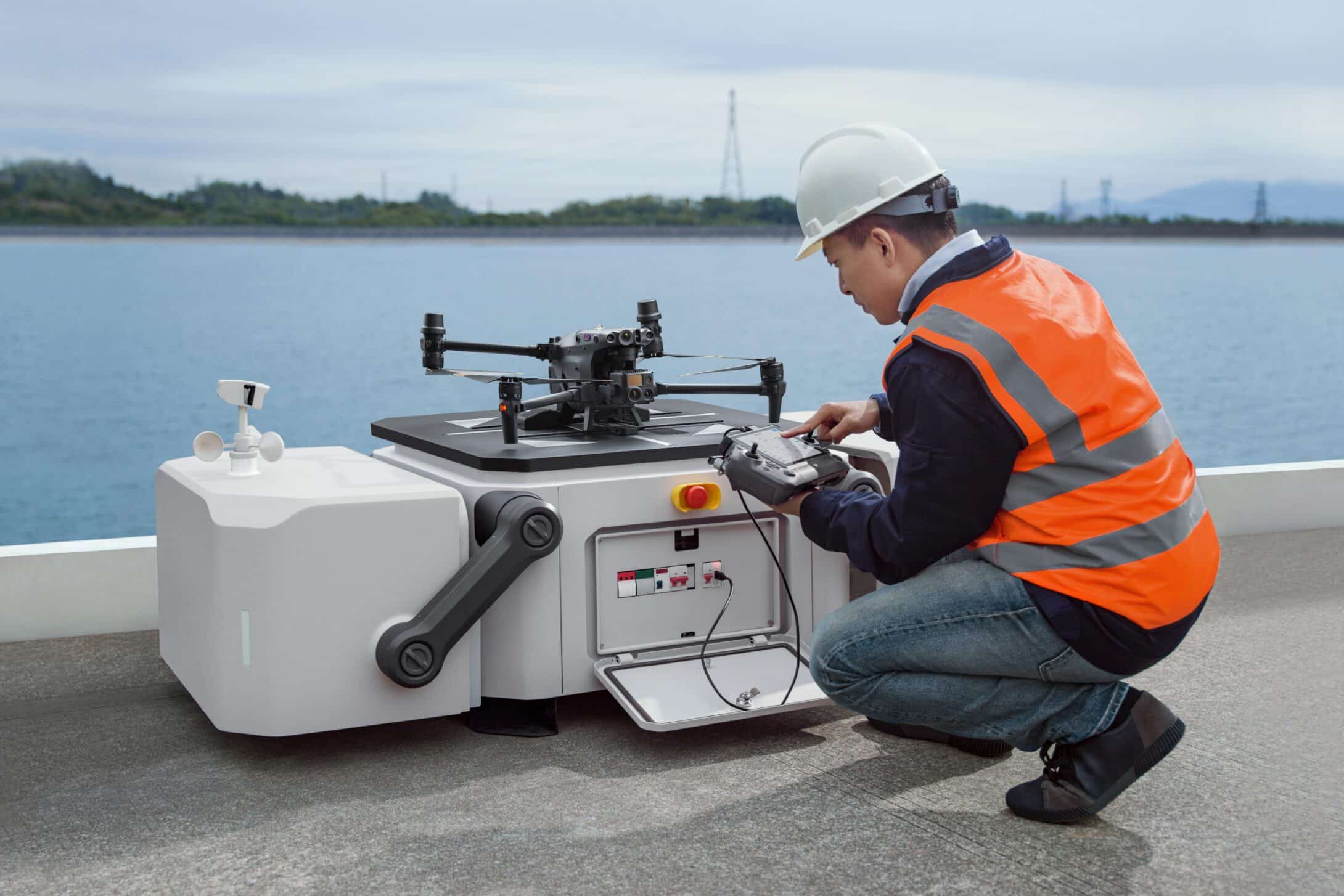
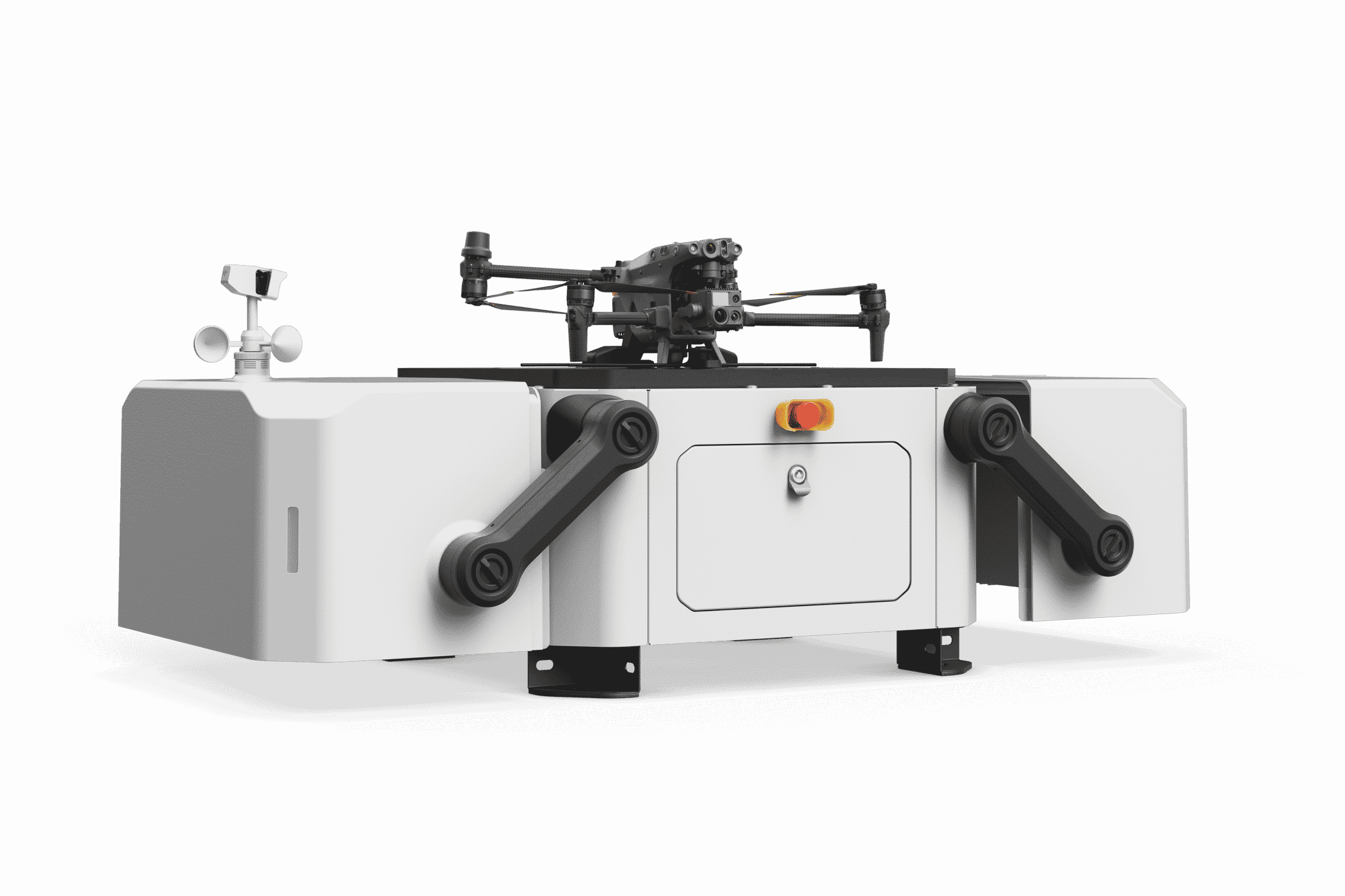
Fast loading, fast turnaround
Fast charging and take-off thanks to TEC air conditioning that cools the drone’s batteries, allowing a 10-90% charge in just 25 minutes. The maintenance interval is 6 months and the battery backup is 5 hours. It has active temperature control for fast and safe charging.

Day or night, rainy or SUNNY
DJI DOCKs are rugged and weatherproof.
- Ingress protection: IP55
- Operating temperature: -35℃ to 50℃ .
- Surge protection: 40kA
- Battery backup: 5 hours
- Active temperature control: For fast charging and drone safety
- 6 Months Maintenance Interval
Easy configuration
DJI DOCKs weigh less than 100 kg and occupy less than 1 square meter. Installation requires ground fixing, access to power and the Internet, and quick setup via the DJI RC Plus remote control.
Target details at your fingertips
- It integrates large zoom and thermal cameras and, only the Matrice 30T, a laser rangefinder, which in combination can capture aerial data.
- The Dock version of the M30 series has superior performance with a maximum wind resistance of 15 m/s
- The Matrice 30 can fly for 40 minutes and can perform missions and inspections of up to 7km.

INTEGRATED PROJECT
- Wide-angle Security Camera
- Integrated Weather Station
- LTE Network Card
- Internal omnidirectional antenna
- RTK module
- Edge Computing Expansion Slot
FREQUENT QUESTIONS
Which aircraft are compatible with the DJI DOCK?
The DJI DOCK is compatible with the M30 series (Dock version).
Que modelos tem a série M30 (versão Dock) ?
The M30 series (Dock version) includes two versions: M30 (Dock version) (its gimbal and camera have three sensors: wide angle camera, zoom camera, laser rangefinder) and M30T (Dock version) (its gimbal and camera have four sensors: wide angle camera, zoom camera, laser rangefinder, thermal imaging camera).
What is the difference between the M30 series and the M30 series (Dock version)?
The M30 series (Dock version) is equipped with a charging interface and a load management module in the landing gear.
Can the M30 series (Dock version) be controlled with a remote control (RC)?
Yes. The M30 series (Dock version) can be controlled after connecting the DJI RC Plus (RC) remote control to the aircraft.
What image transmission technology does the DJI Dock use?
The DJI Dock uses OcuSync 3 Enterprise (O3) image transmission and supports 4G streaming connections.
Note: 4G image streaming is not available in some countries/regions.
What level of surge protection does the DJI DOCK have?
The AC surge protection capability is 40kA (8/20μs waveform) and complies with EN/IEC 61643-11 TYPE 2 protection levels. The RJ45 surge protection capacity is 1.5kA (8/20μs waveform). They meet the protection level of EN/IEC 61643-21 category C. The ability to protect against waves depends on the capacity and reliability of the ground connection. To minimize the risk of overvoltage, make sure that grounding is done correctly during installation.
Does the DJI DOCK support movement during operations?
Not at the moment, but you can change the location of the Dock when the drone is not in operation, and you can operate it again after installing and configuring it in the new location.
How does the DJI DOCK access the network?
Use a standard RJ45 network port or install a DJI cellular module to access the network.
4G availability varies between countries and regions.
What network bandwidth requirements does the DJI Dock have?
For the best user experience, it is recommended that the upload and download speed of the network bandwidth should not be less than 10 Mbps.
How to install and configure the DJI Dock?
- Fix the DJI Dock on a flat and level surface;
- Connect the power cables to the Dock after you attach it, connect the Dock to the network using a network cable, or install the DJI Cellular Module;
- Quickly install the Dock with the DJI RC Plus remote control (RC).
Can a M30 series drone (Dock version) complete a single takeoff/landing operation in different DJI Dock?
No.
What is the interval between individual operations of the DJI Dock?
The shortest interval between two flights is 25 minutes.
Remarks: This occurs if the ambient temperature is 25°C (77°F) and the aircraft battery is charged from 10% to 90%. As the temperature increases, the time required for the battery to cool down will increase and the interval between flights will also increase.
Is it necessary to install an additional RTK base station for the DJI Dock?
No, the Dock has an integrated RTK station.
Is it necessary to install an additional weather station for the DJI Dock?
No, the Dock has a built-in weather station that can monitor wind speed, rain, and temperature.
Does the DJI Dock support the installation of external antennas?
Yes.
Does the DJI Dock support SDK development?
Yes. DJI Dock provides full support for application protocols such as plan distribution, media streaming, real-time reporting of device information, and remote debugging through an API interface to meet the development requirements of users of custom cloud management systems. Supports access to a variety of network environments for easy privatized deployment
SPECS
DJI DOCK
|
Total weight
|
90kg
|
||||||
|
Dimensions
|
Open Dock (excluding weather station): 1675mm×895mm×530mm (width×l×se)
Enclosed dock (not including weather station): 805mm×895mm×840mm (W×H×H) |
||||||
|
Input voltage
|
100-240 VAC, 47-63 Hz
|
||||||
|
Maximum input power
|
1.500 W
|
||||||
|
Operating temperature
|
-35 a 50°C (-31 a 122°F)
|
||||||
|
Input protection classification
|
IP55
|
||||||
|
Number of drones hosted
|
1
|
||||||
|
Maximum permissible wind speed on landing
|
12 m/s
|
||||||
|
Maximum operating altitude
|
4.000 m
|
||||||
|
Maximum radius of action
|
7.000 m
|
||||||
|
Satellite reception frequency of the RTK base station
|
Receive simultaneously:
GPS: L1 C/A, L2, L5 BeiDou2: B1l, B2l, B3l BeiDou3:B1l, B1C, B2a, B3l GLONASS:L1, L2 Galileu: E1, E5A, E5B |
||||||
|
Positioning accuracy of the RTK base station positioning
|
Horizontal: 1 cm+1 ppm (RMS)
Vertical: 2 cm+1 ppm (RMS) |
||||||
LOAD PERFORMANCE
|
Output voltage
|
18 a 26.1 V
|
||||||
|
Charging time
|
25 minutes
Note: This occurs if the ambient temperature is 25°C (77°F) and the aircraft is 10% to 90% loaded. |
||||||
STREAMING VIDEO
|
Video transmission system
|
Enterprise O3
|
||||||
|
Operating Frequency
|
2.4000-2.4835 GHz
5.725-5.850 GHz |
||||||
|
Antennas
|
4 antennas, 2T4R
|
||||||
|
Transmitter Power (EIRP)
|
2.4 GHz: <33 dBm (FCC); < 20 dBm (CE/SRRC/MIC)
5.8 GHz: <33 dBm (FCC); < 14 dBm (CE); <23 dBm (SRRC) |
||||||
AIR CONDITIONING SYSTEM
|
Operating voltage
|
48 VDC
|
||||||
|
Type of air conditioner
|
TEC Air conditioner
|
||||||
BATTERY BACKUP
|
Load Capacity
|
12 Ah
|
||||||
|
Output voltage
|
24 V
|
||||||
|
BATTERY TYPE
|
Lead battery
|
||||||
|
Backup Battery Life
|
> 5 hours
|
||||||
NETWORK ACCESS
|
Ethernet ACCESS
|
10/100/1000 Mbps Ethernet Adapter Port
|
||||||
SENSOR
|
Open protocol
|
DJI Cloud API
|
||||||
|
Edge Computing
|
Internal power supply, data interface, and installation space
|
||||||
|
Wind speed sensor
|
Compatible
|
||||||
|
Rain Sensor
|
Compatible
|
||||||
|
Ambient temperature sensor
|
Compatible
|
||||||
|
Water immersion sensor
|
Compatible
|
||||||
|
Cabin temperature sensor
|
Compatible
|
||||||
|
Sensor de humidade na cabine
|
Compatible
|
||||||
|
Vibration Sensor
|
Compatible
|
||||||
INTEGRATED SECURITY CAMERA
|
Resolution
|
1920×1080
|
||||||
|
Field of View (FOV)
|
180°
|
||||||
|
Auxiliary Light
|
Auxiliary and Supported White Light
|
||||||
LIGHTNING PROTECTION
|
AC power port
|
40 kA (8/20μs waveform), meets the requirements of the EN/IEC 61643-11 TYPE 2 protection level
|
||||||
|
Network Connection
|
1.5 kA (8/20μs waveform), meets EN/IEC 61643-21 category C protection level requirements
|
||||||
SOFTWARE COMPATIBLE
|
Forms
|
DJI Pilot 2 (connects to the Dock via DJI RC Plus for setup and commissioning)
|
||||||
|
Cloud Platform
|
DJI FlightHub 2 third-party platforms
via the DJI Cloud API |
||||||
EXPANDABILITY
|
Open protocol
|
DJI Cloud API
|
||||||
|
Edge Computing
|
Internal power supply, data interface, and installation space
|
||||||

